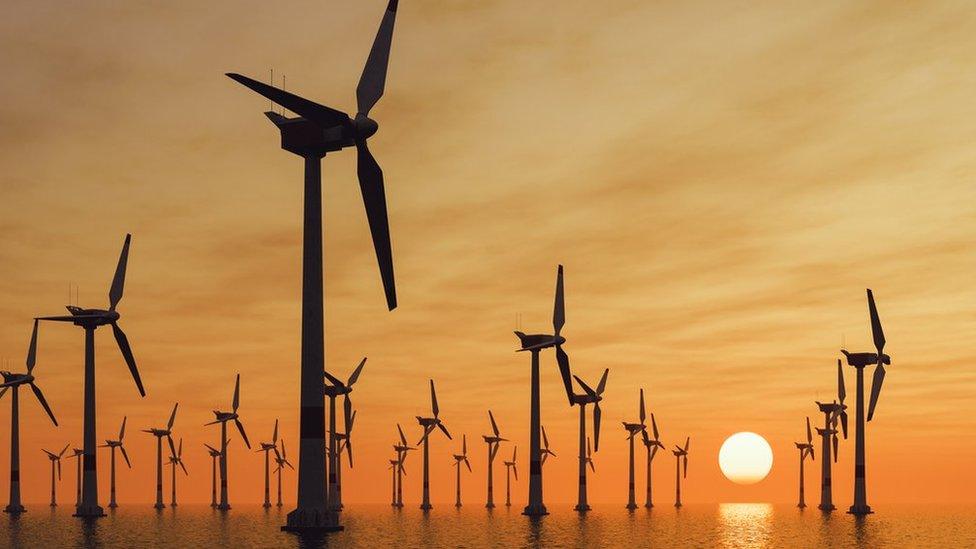Reading's carbon footprint cut in half, council says
- Published
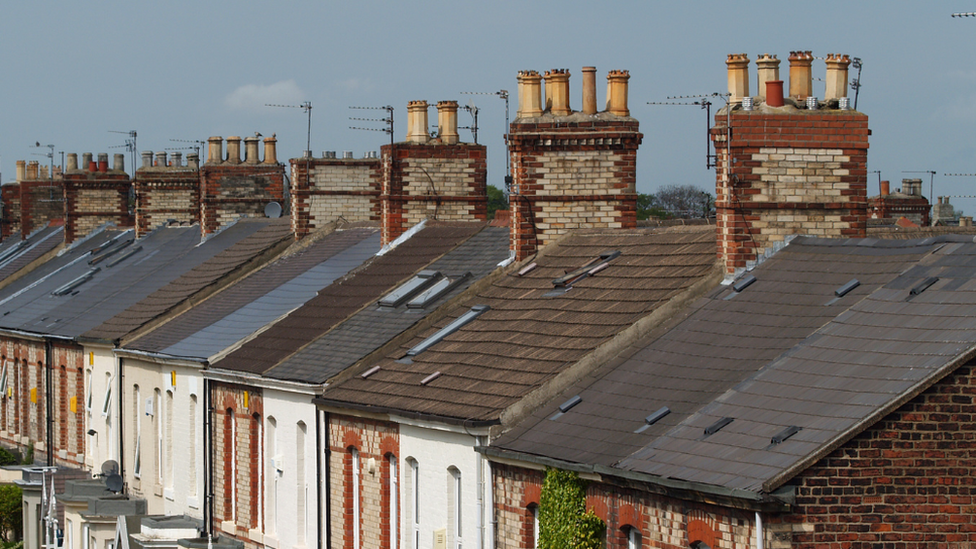
The figures, which have tracked carbon emissions from 2005 to 2021, showed an overall national average drop of 39%
A town's carbon footprint has been reduced by more than half, according to new figures.
Reading Borough Council said there had been a 51% drop in carbon emissions in the town since 2005.
However, the area saw a rise in 2021 - a national trend which Reading Climate Change Partnership put down to the lifting of lockdown restrictions.
The council said there was still work to do to achieve its target of net zero emissions by 2030.
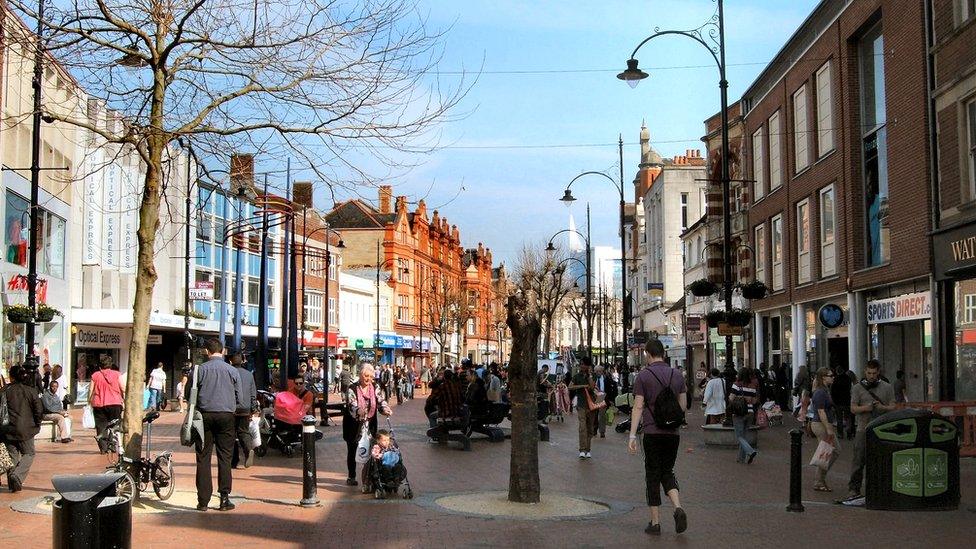
Reading Borough Council declared a climate emergency in February 2019, committing to a net zero carbon target by 2030
Reading Climate Change Partnership collected the data on behalf of the council, which reflects emissions activity from a range of companies and partners across the borough.
Several organisations in the area have recently taken action to reduce their carbon footprint, the council said.
Royal Berkshire NHS Foundation Trust developed a programme to reuse and repurpose old IT equipment which resulted in 379 items being recycled and 128 tonnes of carbon being avoided.
The University of Reading also matched a £2.2m government grant so it could install a large water source heat pump, which will reduce the carbon footprint of its campus by 10%.
Councillor John Ennis, the authority's lead on climate strategy and transport, said: "While we appear to be heading in the right direction, it is obvious that we still have a lot of work to do to achieve our target for Reading to be net zero by 2030.
"I firmly believe that the combined small actions of many people can make a huge difference."
The authority said it had also reduced its own carbon emissions by 74% in 14 years, and reduced its use of fossil fuels by 50% - two years ahead of schedule.

Follow BBC South on Facebook, external, X, external, or Instagram, external. Send your story ideas to south.newsonline@bbc.co.uk, external.
Related topics
- Published30 October 2023
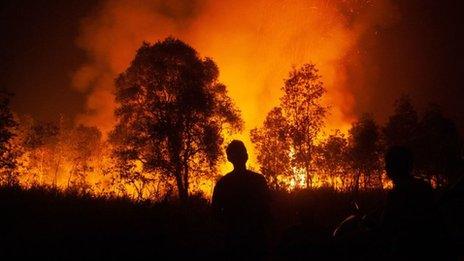
- Published20 September 2023
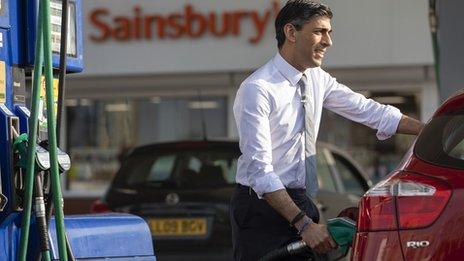
- Published3 May 2024
